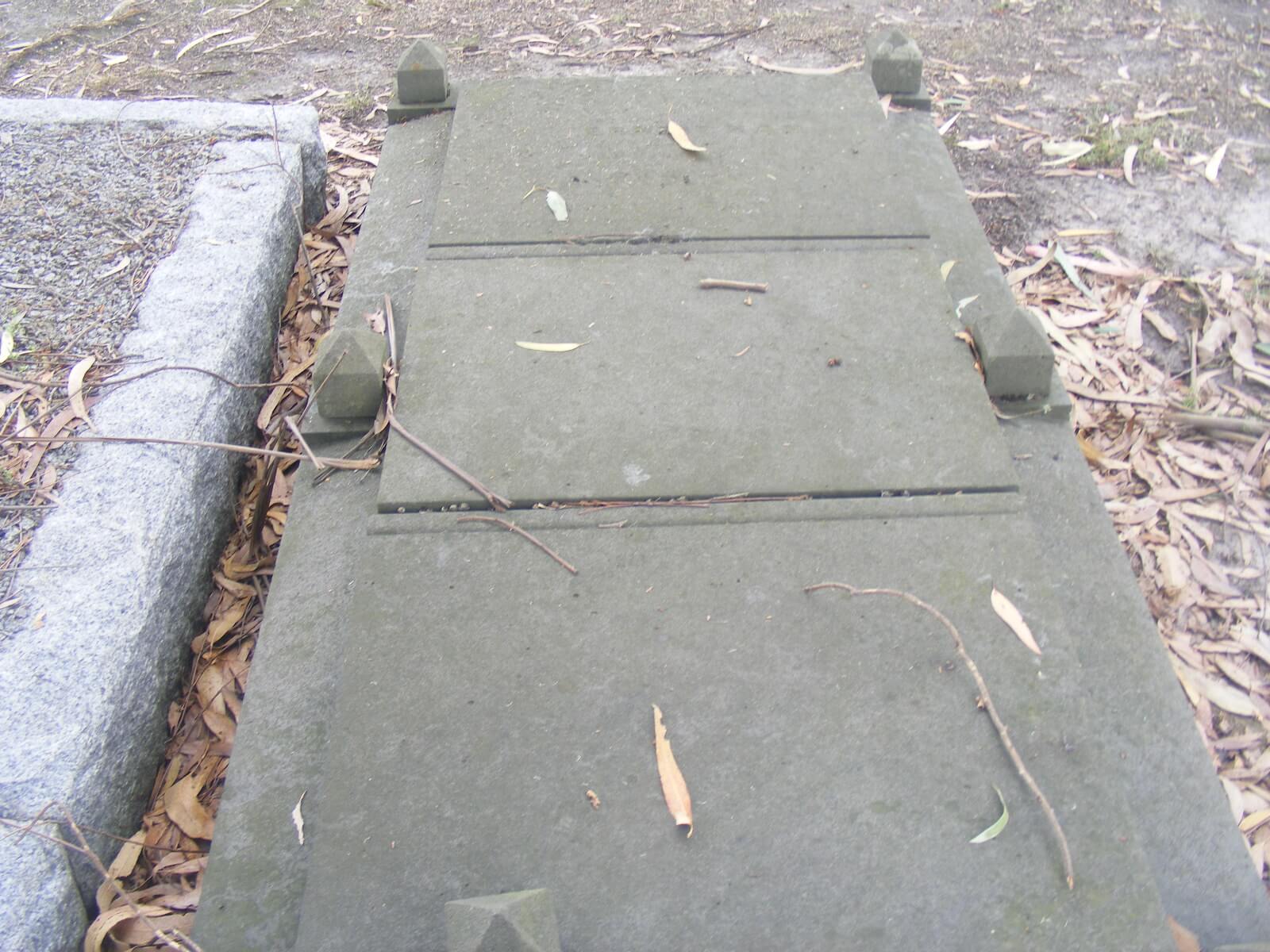T: 03 5174 9071
Ernest Ham
Buried in the Old Bluff Cemetery- Pioneer and soldier of Traralgon- site WB-A042
Pte. Ernest Ham was a Bandsman in the army in the early 1900s and was a member of the local Traralgon Band that was renowned as being one of the best in Victoria and was established in 1881
Private E Ham, son of Mr. and Mrs. Ham of Traralgon, died at his parent’s residence early on Saturday morning 14th June 1916 and the interment took place on the following Sunday afternoon in the Bluff cemetery. He was 28 years of age and was born at Tungamah. Private E. Ham was among the earliest volunteers to answer the call of duty and Empire, and enlisted in the Australian Expeditionary Force during the latter part of 1914. He was in training in the Broadmeadows camp some months prior to sailing for Egypt with the Second Division in December. He was a member of the 14th Battalion, and also of the Battalion Band, and was camped near Cairo, undergoing further training for some time. About a week before the first and second Division left Egypt, the band had to attend a military funeral. While waiting for the funeral the bandsmen lay relaxing on the grass, and it was then that Private Ham experienced a “strange sensation in his throat and found that blood was coming from one of his lungs”. The officer in charge reported the incident, and Private Ham was sent into the Mena Hospital for observation, and treatment. There he had x-rays, and it was discovered that one of his lungs “was affected”. The result was that he could not go further with the force as his health would “break down under the severe strain of the campaign”.
Private Ham remained in Egypt for some little time longer, and was then invalided back to Victoria and reached Melbourne in July 1916. “It appears that four years prior to this episode Private Ham had a severe attack of pleurisy following measles, but it was not known that the disease had impaired the lungs until the examination in Egypt. On enlisting he passed the medical examination without trouble, and the bleeding attack at Cairo was the only one he experienced. On his return to Victoria he reported at the Base Hospital, and was subsequently sent to the Greenvale Sanatorium for three months. Unfortunately, the treatment did not result in any material improvement, and he was eventually discharged with a pension of £1 per week. Private Ham was about the town a good deal afterwards, but the close observer was pained to notice that he was slowly but surely sinking. He took to his bed and was given every care and comfort that love could suggest. Some days before the end came he had a further attack of pleurisy, which caused him considerable pain. The spirit left the body shortly after 12 o’clock on Saturday morning, and thus passed away one who had hoped to do something for his country in this supreme crisis”.
Though the Private Ham was “never permitted to enter the trench at the firing line, or fire a shot at the enemy of the Empire and civilization, he tried to do his bit. It should be stated that Private Ham went through all the severe drill and marching without sign of weakness up to the time of the attack at Cairo, and was much disappointed when told that he could not proceed to the front”. On the night before his death one of his brothers returned from the City by evening train and told him that the whole of his deferred pay had been received. The sufferer merely remarked “That’s good.”
Private Ham was accorded a military funeral and a number of Cadets attended. The members of the Traralgon Town Band were also present, as Private Ham had been a bandsman prior to enlisting. A large number of people attended the funeral out of respect to the deceased soldier and sympathy for the relatives. The cortege was a long one. The Band played the Dead March as the funeral left the house, and again in Franklin Street and entering the cemetery. “The Last Post” was sounded, after the body had been laid in its last resting place. A large number of floral tributes were placed on the coffin, including one from the Methodist Church, the Ladies’ Benevolent Society (of which Mrs Ham is secretary), and the W.C.T.U. as an expression of sympathy for the parents. Some of the above was from the Gippsland Farmers’ Journal Tuesday 6 June 1916, page 3
